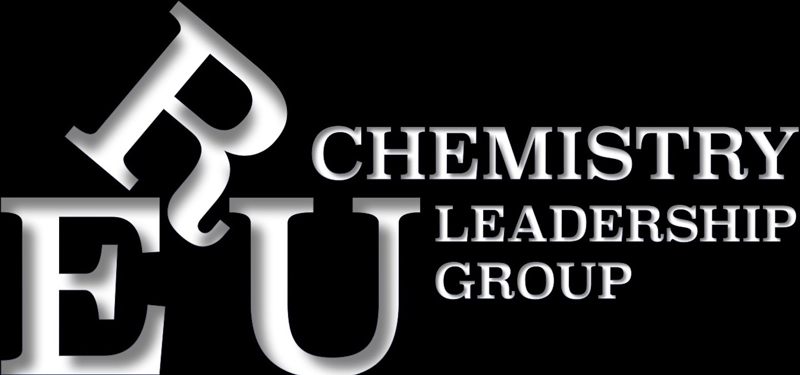
WHY GET INVOLVED IN AN REU PROGRAM?
The Chemistry summer REU program provides students an intense 10-week research experience outside of their home institution that gives them the opportunity to fully engage in cutting-edge chemical research without other distractions, such as classes. The REU gives students a “taste” of graduate school and research which, ultimately, helps students in choosing their career path. Through the National Science Foundation Chemistry REU Sites Program, eligible students from any institution in the US and its associated territories can participate in chemical research. Students from underserved populations (e.g., underrepresented minorities, students with disabilities, first-generation students, veterans, community college students, etc.) are particularly encouraged to apply. Whether students have limited opportunities to participate in research at their home institutions or they just want a research experience at another institution, the Chemistry REU Program provides the ideal venue to for the students to explore their research interests.
Why undergraduate research?
Original research takes the students on a path of discovery. Involvement of undergraduate students in research has a positive impact on student career paths, professional development and their ability to make informed choices about their future. It provides a unique opportunity for the student to receive individual mentoring from science leaders.
Science Magazine Article
Resources from National Science Foundation Website
The following resources summarize research on the impact of undergraduate research experiences and might be helpful when considering the evaluation of REU projects and the assessment of student learning gains:
- Brownell, Jayne E., and Lynn E. Swaner. Five High-Impact Practices: Research on Learning, Outcomes, Completion, and Quality; Chapter 4: "Undergraduate Research." Washington, DC: Association of American Colleges and Universities, 2010. Surveys published research on the effectiveness and outcomes of undergraduate research.
- Crowe, Mary, and David Brakke. "Assessing the Impact of Undergraduate-Research Experiences on Students: An Overview of Current Literature." CUR Quarterly, Vol. 28, Issue 4 (Summer 2008), pp. 43-50. Available online at http://www.cur.org/assets/1/7/summer08CroweBrakke1.PDF. Annotated bibliography summarizing research on the impact of research experiences on students.
- Laursen, Sandra, et al. Undergraduate Research in the Sciences: Engaging Students in Real Science. San Francisco: Jossey-Bass, 2010. Examines what is known about the benefits of undergraduate research, and provides advice for designing and evaluating these experiences.
- Lopatto, David. Science in Solution: The Impact of Undergraduate Research on Student Learning. Tucson, AZ: Research Corporation for Science Advancement, 2009. Available online at http://web.grinnell.edu/sureiii/Science_in_Solution_Lopatto.pdf. Findings from the author's pioneering surveys exploring the benefits of undergraduate research.
- Taraban, Roman, and Richard L. Blanton, eds. Creating Effective Undergraduate Research Programs in Science: The Transformation from Student to Scientist. New York: Teachers College Press, 2008. Collection of essays examining assessments and evaluations of undergraduate research experiences and their benefits for students, faculty, and institutions.
- Summary of a large-scale, NSF-funded evaluation of undergraduate research opportunities conducted by SRI International between 2002 and 2006. The study included undergraduate research opportunities sponsored by the REU program and other NSF programs. [1]
- Evaluation of NSF Support for Undergraduate Research Opportunities (UROs). Reports and supporting materials from SRI International's large-scale, NSF-funded evaluation of undergraduate research opportunities. [1]
- Survey of Participant Experiences in NSF's Research Experiences for Undergraduates (REU) Program. Reports and supporting material from an examination of the activities, outcomes, and impacts of REU Site and Supplement awards funded by NSF's Directorate for Engineering. Based on surveys of former REU students, investigators, and faculty mentors conducted by SRI International between 2007 and 2009, this study complements SRI International's earlier study of undergraduate research opportunities across a full range of disciplines. [1]
Cited References
- Russell, S.H., M.P. Hancock, and J. McCullough. Benefits of Undergraduate Research Experiences. 2007. See summary at http://science.sciencemag.org/content/316/5824/548.summary.
